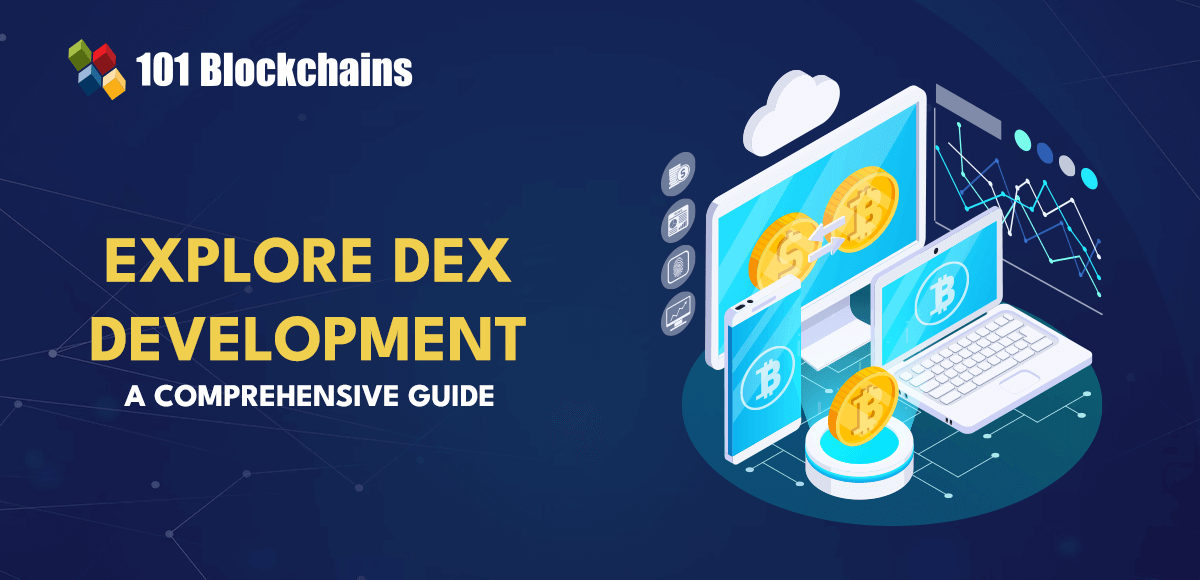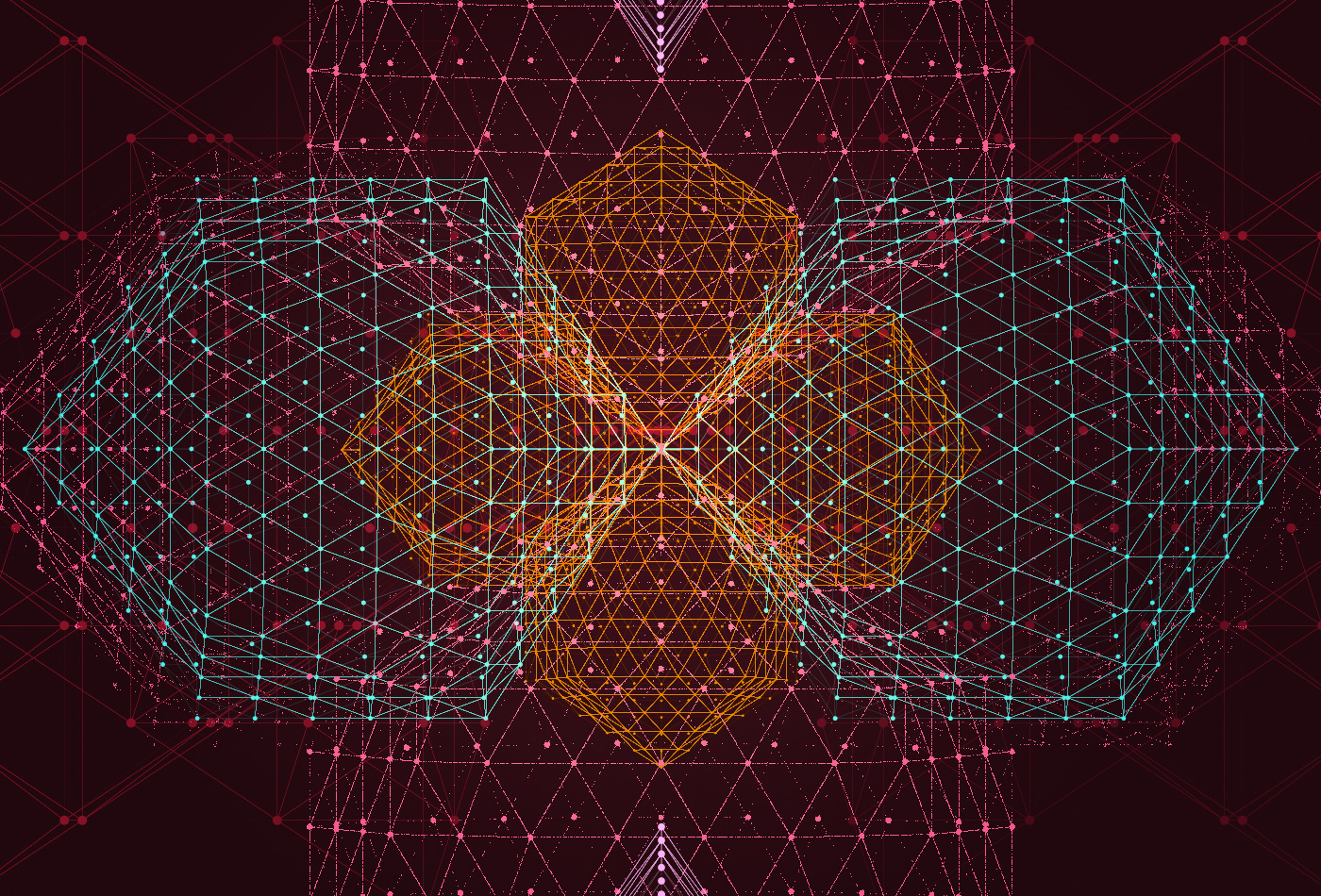Intellectual property (IP) protection is a challenging area to navigate in the era of generative AI (GenAI). For instance, if your software developers utilize GenAI for coding assistance to create a new application or if you hire an artist who uses AI to produce art for a digital marketing campaign, but they spend significant time refining the vision and prompt, do these types of work products qualify for IP protection?
The answer is: it varies.
IP refers to intangible creations of the human intellect. Protecting IP owners is crucial as it enables creators and organizations to reap the benefits of their investment in creativity and innovation. Copyrights, patents, and other forms of IP protection grant exclusive rights to your organization, allowing you to control revenue generation, differentiate yourself from competitors, and prevent plagiarism of your work.
However, for GenAI-generated content, it is currently uncertain how to proceed as the legal system is lagging behind the technology. In this article, we will explore the current state of the law, strategies to protect GenAI work from an IP standpoint, and types of work that should avoid using GenAI altogether.
Copyrights and Patents
IP laws were established before the rise of GenAI. Recent federal court decisions in the US (e.g., Thaler v. Perlmutter and Thaler v. Vidal) suggest that only human creators are eligible for copyrights or patents.
As of now, the Copyright Act mandates human authorship and does not safeguard outputs from new technologies that operate without human involvement. The most favorable outcome for GenAI involved a comic book artist (Thaler) retaining copyright protection for his comic book narrative but not for the AI-generated images.
Similarly, the Patent Act in the US requires inventors to be human. Nevertheless, courts may determine in the future that sufficient human creativity or input warrants ownership based on specific case facts. The level of human involvement required for copyright remains uncertain. Therefore, it is advisable not to heavily rely on GenAI for content that necessitates copyright or patent protection.
Different International Perspectives
There is a lack of international harmonization of IP laws. While many countries have rejected patent applications without human creators, South Africa has granted patent protection to an AI system due to the absence of a formal definition of “inventor” in its patent system.
Countries have varied approaches to copyright protection, with some providing protection for computer-generated works without human authors. For instance, the Beijing Internet Court ruled that AI-generated artwork could benefit from copyright protection if human creativity and intellectual input were evident.
Trade Secrets and Contractual Protection
A “trade secret” is confidential information with economic value that is not widely known. It is more compatible with GenAI outputs and can encourage organizations and creators to leverage GenAI benefits more freely. To secure trade secret protection, organizations must demonstrate efforts to safeguard the process or output.
Companies can commercially license GenAI-assisted code as a trade secret and enhance protection through license agreements. This approach can establish GenAI outputs as protected intellectual property in ways that copyrights and patents cannot.
Takeaways for Organizations
While legal systems worldwide are addressing IP protection related to GenAI, the current state of copyright and patent laws in the US offers limited protection for AI-generated work products. Organizations should carefully consider their use of GenAI and communicate clear policies to employees and contractors.
Three key steps to protect GenAI work products include limiting GenAI use to non-essential IP rights, documenting human involvement in the creation process, and leveraging trade secret protection and license agreements. These strategies can help safeguard GenAI outputs as intellectual property.
Disclaimer: The information in this blog post should not be construed as legal advice and is not a substitute for legal counsel. About the Author
Alexis Liu is the Head of Legal at Weights & Biases, a leading AI developer platform. With experience in high-growth tech companies, Alexis has advised on AI policy, SaaS, licensing, IP, data privacy, and corporate matters. Prior to this role, Alexis was an M&A attorney at Sidley Austin LLP. Alexis Liu holds a Bachelor of Arts degree from Wellesley College and a JD from University of Pennsylvania Carey Law School.
Sign up for the free insideBIGDATA newsletter.
Join us on Twitter: https://twitter.com/InsideBigData1
Join us on LinkedIn: https://www.linkedin.com/company/insidebigdata/
Join us on Facebook: https://www.facebook.com/insideBIGDATANOW






















